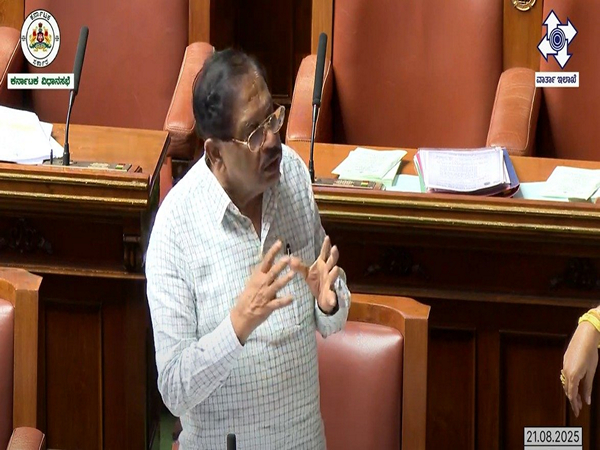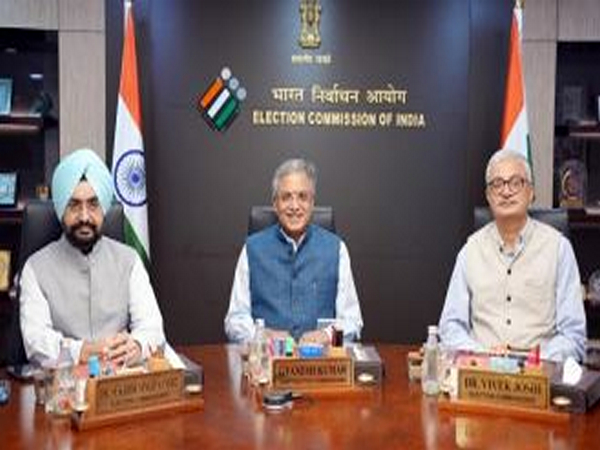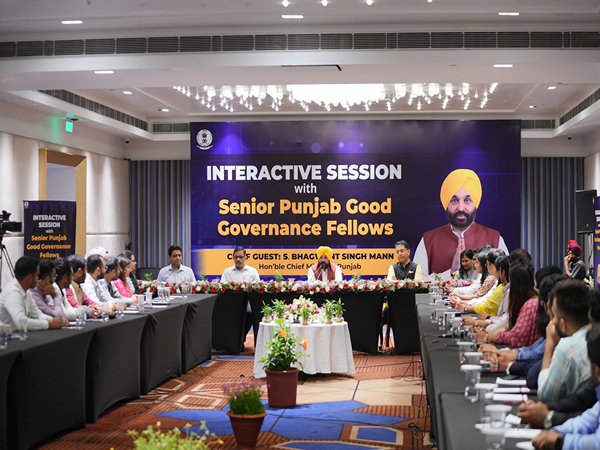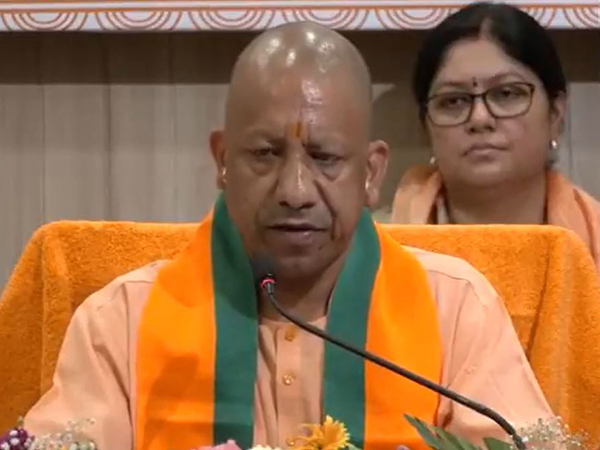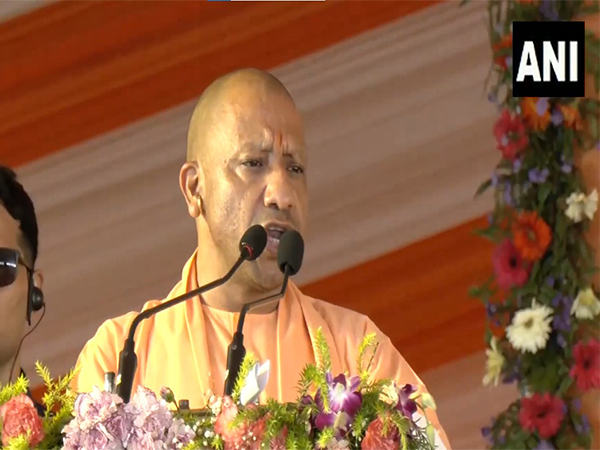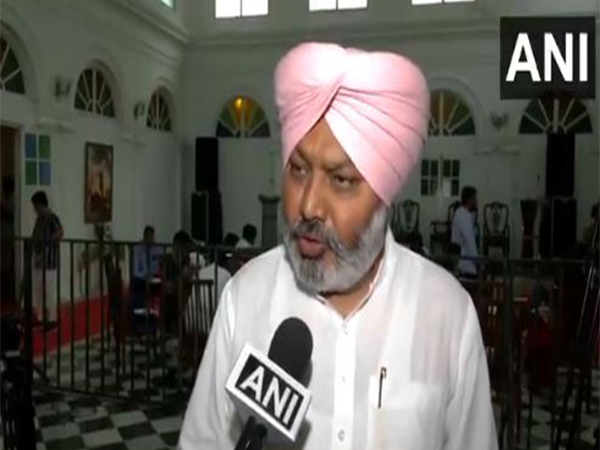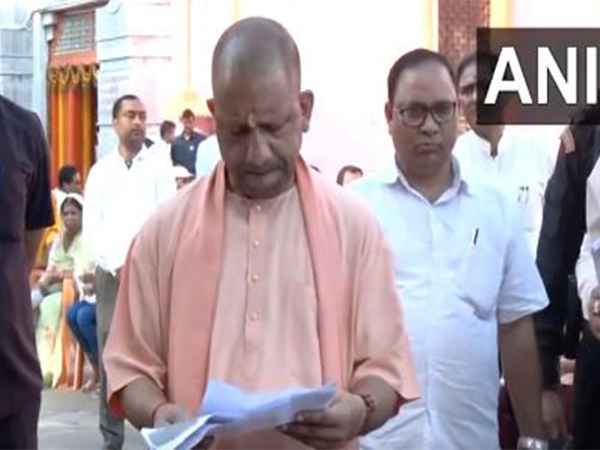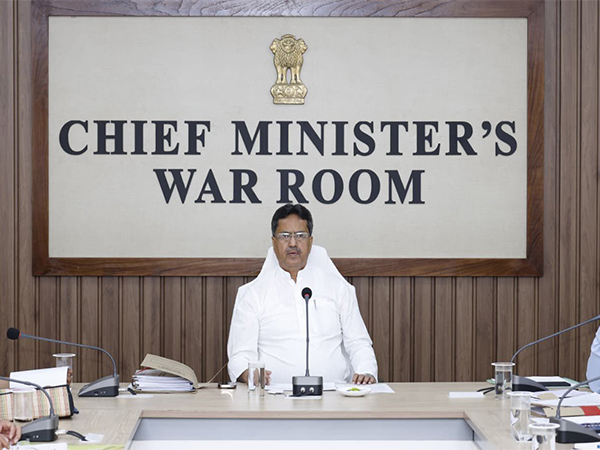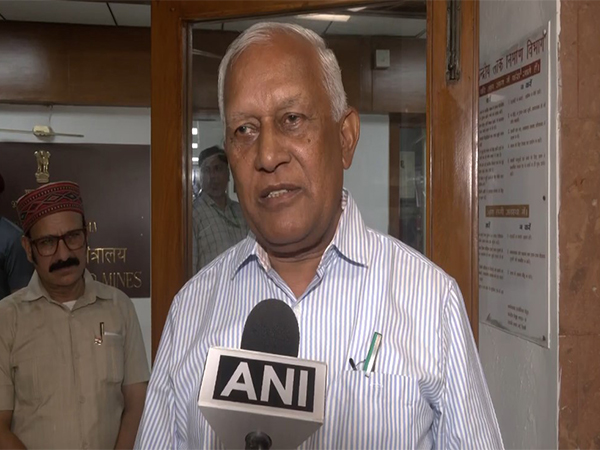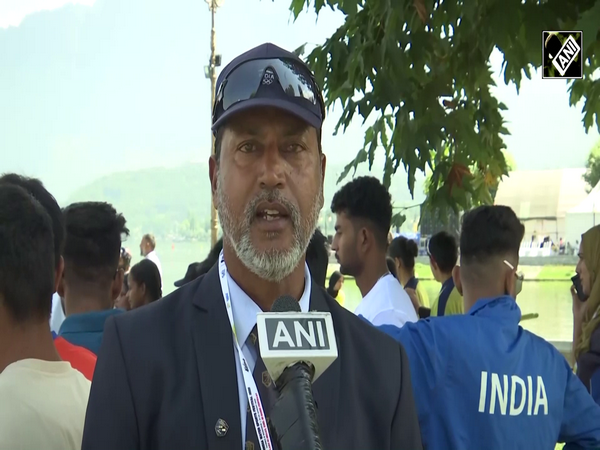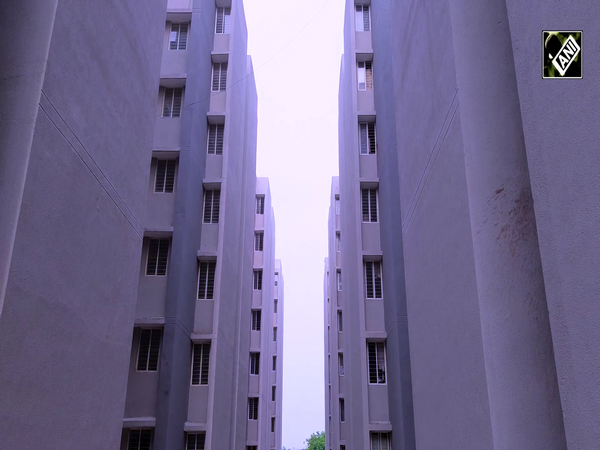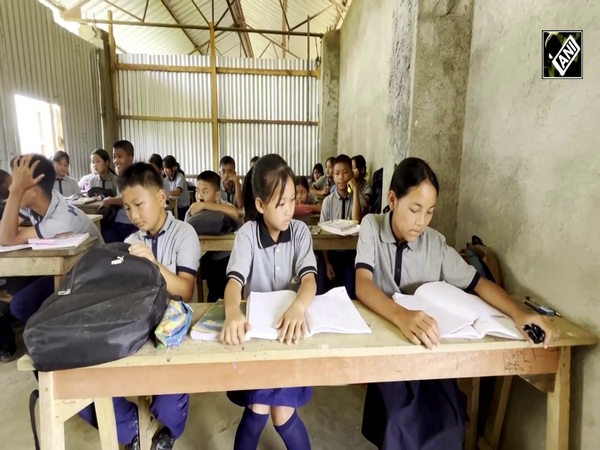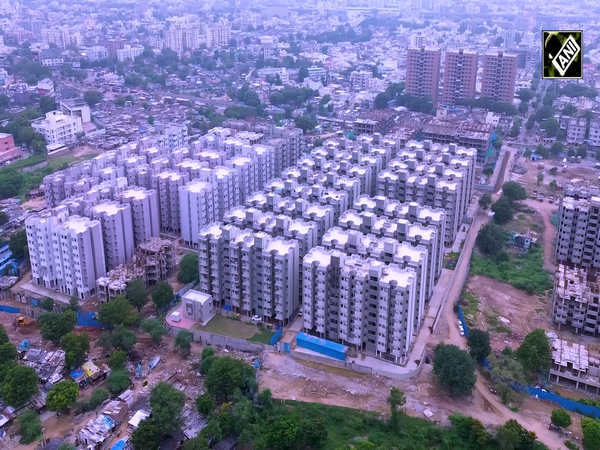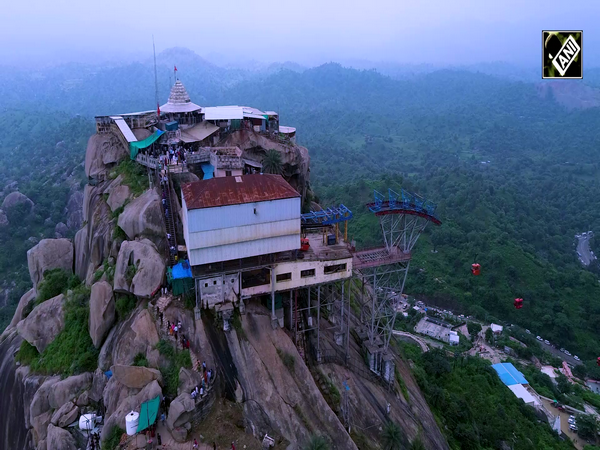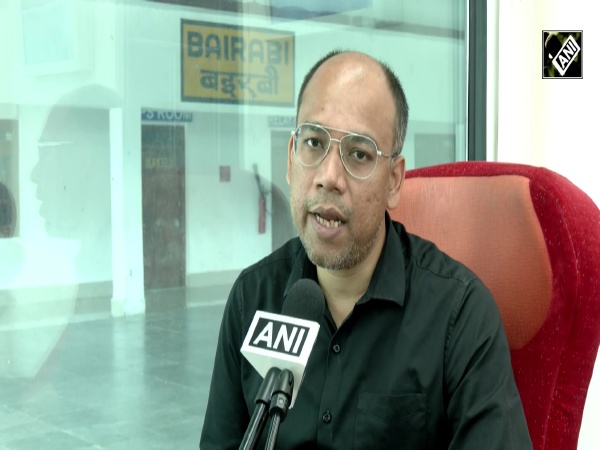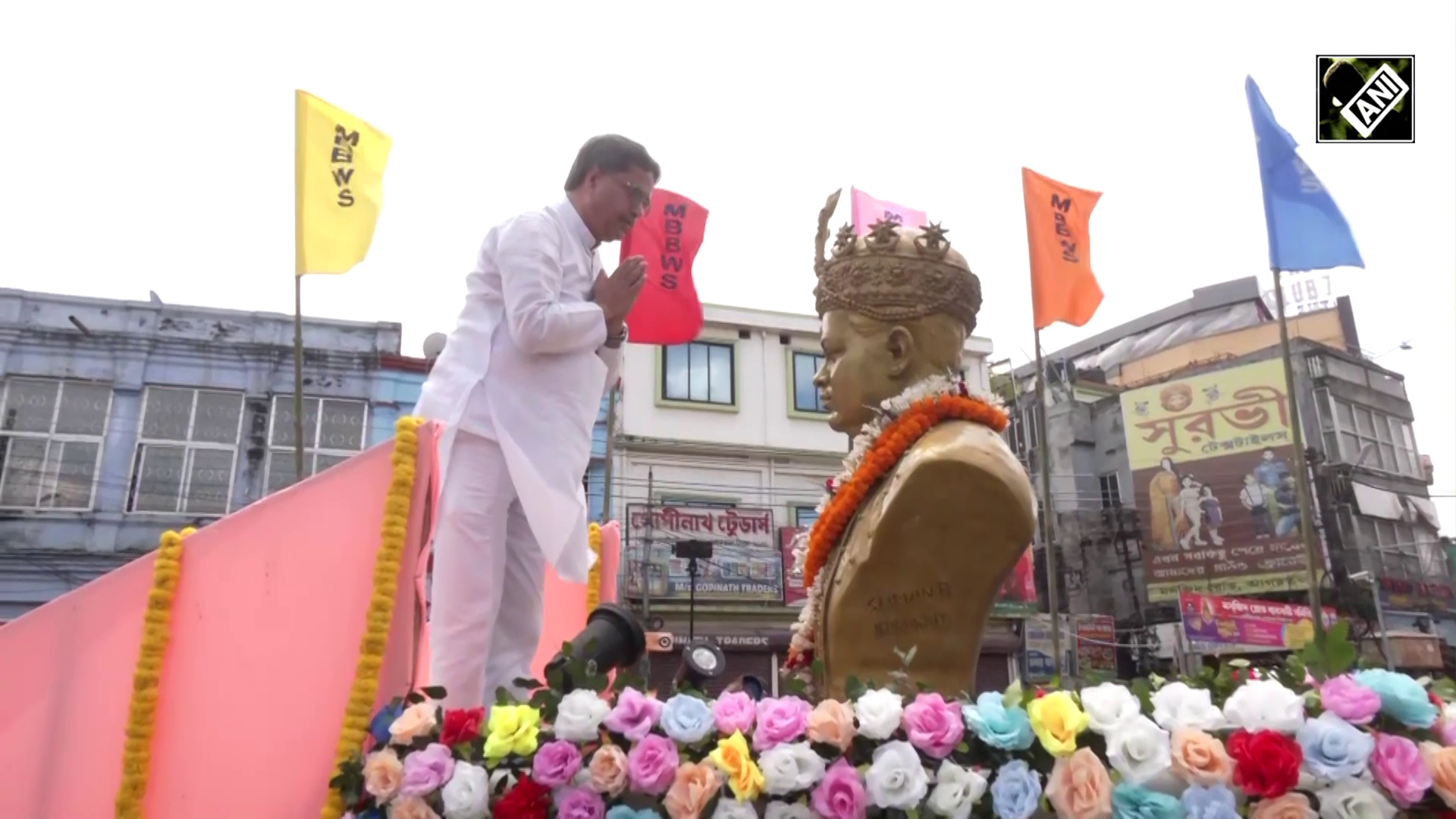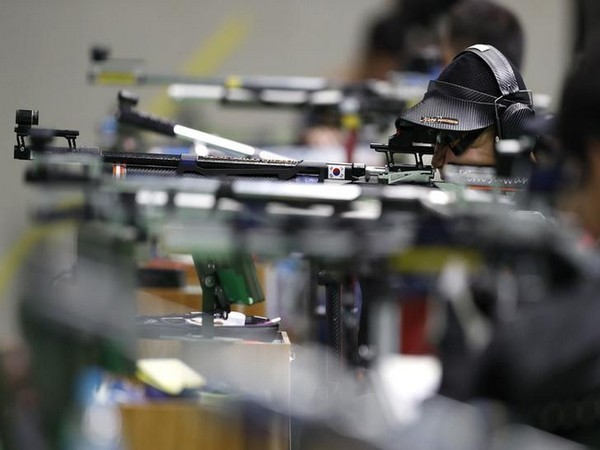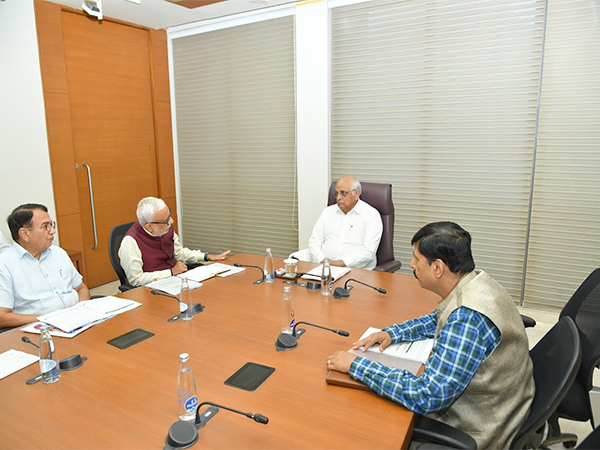
Gujarat CM Patel receives fourth recommendation report of GARC, outlines necessary reforms
Aug 21, 2025
Gandhinagar (Gujarat) [India], August 21 : Gujarat Chief Minister Bhupendra Patel, i alignment with the vision of Viksit Bharat, 2047 articulated by Prime Minister Narendra Modi, has set the objective of advancing Viksit Gujarat, 2047 for which the state government has constituted the Gujarat Administrative Reforms Commission (GARC) under the chairmanship of the Chief Minister's Principal Advisor, Hasmukh Adhia, with a mandate to recommend necessary reforms in the administrative framework and governance processes of the state, stated a release.
In this context, GARC has so far submitted three recommendation reports to the State Government, with a total of 25 recommendations currently at various stages of implementation.
Under the guidance of GARC Chairman Hasmukh Adhia, the fourth recommendation report, comprising nine key recommendations, was submitted to Chief Minister Bhupendra Patel on Thursday.
In 2024, on the occasion of National Panchayati Raj Day, Prime Minister Narendra Modi affirmed the resolve that "Our government will continuously work towards strengthening Panchayati Raj Institutions and realising the dreams of the people."
In alignment with this vision, and under the leadership of the CM, Gujarat is implementing a democracy-driven development model from the village to the state level.
The fourth recommendation report of GARC incorporates significant recommendations on decentralised planning.
The recommendations on decentralised planning and budgeting outlined in this report are expected to usher in a new era of people-centric development, transparency, and accountability. It envisions that, under the leadership of the Chief Minister, planning processes at the village, taluka, and district levels will become more democratic, representative, and citizen-focused across the state.
On the occasion of the submission of the fourth report of GARC to the Chief Minister, the Chairperson Adhia, was joined by Additional Chief Secretary to the Chief Minister M.K. Das, Advisor to the Chief Minister S.S. Rathore, Principal Secretary of the Administrative Reforms Department Harit Shukla, Additional Principal Secretary to the Chief Minister Avantika Singh, Secretary, Vikrant Pandey, Secretary of the Planning Department, Ardra Agarwal and officials of GARC.
The fourth report of GARC presents recommendations that bring fundamental changes to Gujarat's planning framework, ensuring direct benefits to citizens. These recommendations represent a crucial step in strengthening decentralised planning and placing villages at the centre of the development process.
Key recommendations of the report include: a seven- to eight-fold increase in the district planning budget over the next five years, transformation of District Planning Boards into District Planning Committees with majority representation of elected representatives, adoption of a fixed planning calendar, creation of integrated committees at the taluka level, and the introduction of Village Development Plans.
The budget for district planning, which has remained stagnant for years, is now recommended by the Committee to receive a substantial annual increase of nearly Rs 10,000 crore over the next five years.
This enhanced allocation will enable the development of more roads, schools, and healthcare facilities, while also creating greater employment opportunities. Importantly, it will strengthen grassroots governance by ensuring increased participation of local communities in the development process.
Since 1973, District Planning Boards have existed for planning at the district level. This report recommends that, instead of these boards, all district-level planning approvals should now be granted by District Planning Committees, as mandated by the Constitution of India.
Furthermore, elected representatives at the district level will be given priority in these committees, thereby strengthening the panchayati system, while the district's in-charge Minister will continue as the Chairperson. With this change, the authority to decide development plans at the district level will rest with the people's elected representatives, bringing the true spirit of democracy to life.
Moreover, in the District Planning Committees, elected representatives at the district level will be given priority, thereby further strengthening the panchayati system. The Minister in charge of the district will continue to serve as the Chairperson of the committee. With this framework, the authority to decide district-level development plans will rest with the people's elected representatives, thereby realising the true spirit of democracy.
The Commission has recommended the introduction of a fixed calendar for planning to streamline processes from project identification under various schemes to administrative approval, tendering, and issuance of work orders.
As per this calendar, the planning process for the following year will commence at the village level during June-July of the current year. All administrative procedures will be completed in a manner that ensures actual execution begins from April of the next year. This approach will enable the timely completion of works within prescribed deadlines, ensure optimal utilisation of funds, and guarantee quality outcomes.
At present, multiple committees exist at the taluka level for approving development works under various government schemes. However, the lack of coordination among these separate committees often creates difficulties in the approval process.
To address this, the Commission has recommended the establishment of a single "Integrated Taluka Planning Committee" for approving all works at the taluka level. This unified system will reduce delays, minimise confusion, and enable faster, coordinated decision-making. Ultimately, citizens will directly benefit from the timely implementation of development works.
Each village will prepare its own Village Development Plan (VDP), which will then be approved by the Gram Sabha. At the taluka and district levels, the selection of works for approval under development planning will be made strictly on the basis of these Village Development Plans.
Now, villagers themselves will decide which development works should be undertaken in their areas. This will ensure that people in rural regions become active participants in development, fulfilling Mahatma Gandhi's vision of Swaraj -- "the village decides its future." At the village level, citizens will also set priorities for essential services such as education, drinking water, roads, and health centres.
Inspired by the vision of PM Modi that true empowerment of development lies in villages making their own decisions and participating in their progress, the recommendations of GARC's fourth report will serve as a strong foundation for realising the dream of Viksit Gujarat @ 2047 within the national vision of Viksit Bharat @ 2047. Under the leadership of CM Patel, these recommendations will strengthen citizen-centric planning from villages to talukas and districts, making governance more effective, accountable, and participatory.
To further strengthen the system of decentralised planning in the state, the fourth report of GARC has put forth several additional recommendations.
These include adopting a uniform procedure for project selection across all schemes under the Planning Department (excluding MLA Local Area Development), introducing a technology-driven tracking system, redefining the parameters for identifying developing talukas, and ensuring performance-based accountability.
